Choline is the newest official member of the vitamin B complex family. Choline has a very similar effect to the modification of fats in the cell membranes. This allows the membranes to operate with greater flexibility in dealing with water molecules and soluble fat.
Without choline, many fat-based nutrients and waste products can not pass in and out of cells. In addition, choline is chemically unique as it is a trimethylamine molecule, which means that three methylamine groups are connected.
Functions of choline
Maintaining the integrity of cell membranes - choline is a key component of many fats contained in the structure of cell membranes. Since cell membranes are almost entirely composed of fat, their flexibility and integrity depend on adequate supplies of choline.
Maintenance of the processing of methylamine - choline and its uniqueness as a chemical trimethylamine molecule makes it extremely important for the metabolism of the methylamine group.
Guarding the nervous system - Choline is a key component of the acetylcholine molecule, responsible for carrying messages in the nervous system. Acetylcholine is the primary chemical in the body that carries messages between nerves and muscles.
Choline reduces chronic inflammation - people who take high amounts of choline have lower levels of inflammation on average.
Deficiency of choline
A deficiency of choline leads to risk of coronary heart disease and other cardiovascular problems. Choline deficiency is associated with fatigue, insomnia, poor ability of the kidneys to concentrate urine, problems with memory and neuromuscular imbalances. Increased choline deficiency can lead to deficiency of another critical health vitamin - folic acid. Large nutritional deficiency of choline in turn can lead to liver failure, cardiovascular disease, impaired growth, abnormalities in bone formation, no formation of red blood cells, infertility, respiratory distress, neonatal renal failure, anemia and high blood pressure.
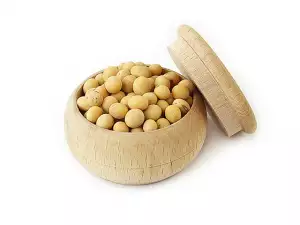
Overdose of choline
High doses of choline (10-15 g) were associated with the occurrence of unusual body odor, vomiting, increased salivation and sweating.
In addition, it should be noted that a low intake of other nutrients can lead to choline deficiency. These nutrients include vitamin B3, folic acid, and the amino acid methionine. The reason for this is related to the unusual chemical structure of choline as a trimethylamine molecule. Liver problems, including liver cirrhosis are common factors that contribute to choline deficiency.
Some medications such as Methotrexate - a drug used primarily to treat cancer, but also in the treatment of rheumatoid arthritis and psoriasis, and anticonvulsant drugs also increase the risk of choline deficiency.
Benefits of Choline
Because of its importance in the metabolism of fats, choline is essential to help prevent almost all health problems related to the liver, including alcoholism and cirrhosis. Choline helps to improve the conditioning of patients with epilepsy , Parkinson's disease , Alzheimer's disease, memory problems, neuromuscular disorders, cardiovascular disease, brain disorders, autism, respiratory distress in newborns, anemia, infertility, high blood pressure, etc. .
Sources of choline
The richest source of choline are certain foods and a supplement called lecithin. Lecithin is most often added to foods as an emulsifying agent, helping to keep food ingredients together. Most quantities of lecithin are derived from soybeans.
Food sources containing choline are: soybeans and soy products, egg yolks, butter, peanuts and peanut butter, potatoes, cauliflower, tomatoes, bananas, milk, oranges, lentils, oats, barley, corn, sesame seeds, flax seeds, and whole wheat bread.
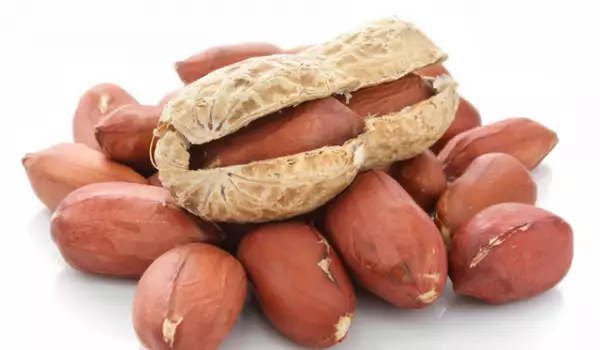







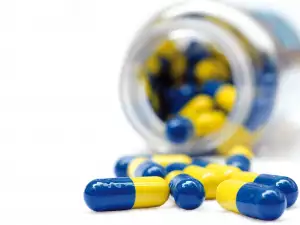
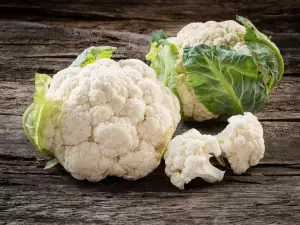




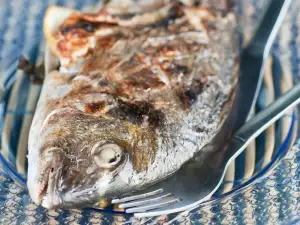

Comments